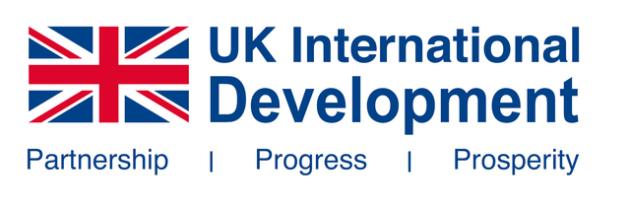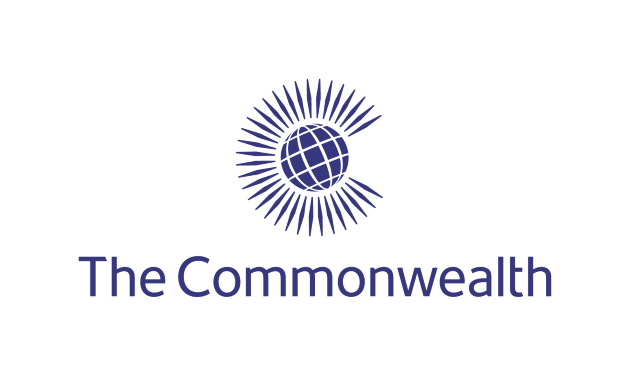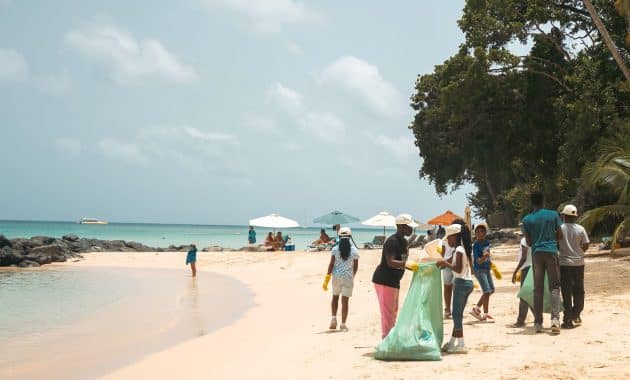
Barbados
Working with the Ministry of the Environment and National Beautification creating their National Action Plan to End Plastic Pollution.
View partnerGovernment partnerships

Through robust data analysis and collaboration, we develop evidence-based national policy strategies.
We collaborate with governments and leading organisations in SIDS and small coastal countries to identify and accelerate the implementation of the most effective policies to significantly reduce plastic pollution, to protect people’s health, safeguard the environment and benefit future generations.
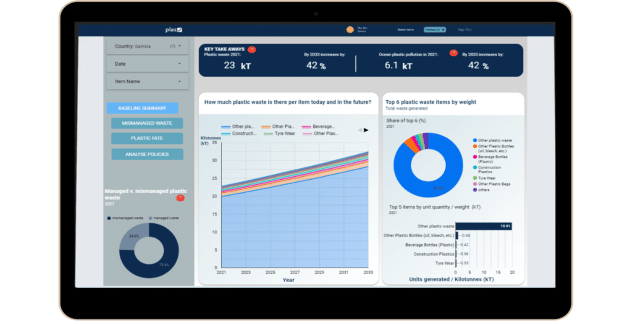
Plastic Drawdown is Common Seas’ data modelling tool. It uses a waste flow analysis, coupled with consultation sessions, to model and visualise the baseline flow of plastic waste through a country.
It allows us to move beyond bans on single use plastics to identify and visualise the impacts of the most effective policies to reduce plastic waste and marine plastic pollution.
We developed the tool in consultation with 24 governments around the world, more than half of whom are SIDS.
To find out more, you can read the methodology in the Global Environmental Change Journal.
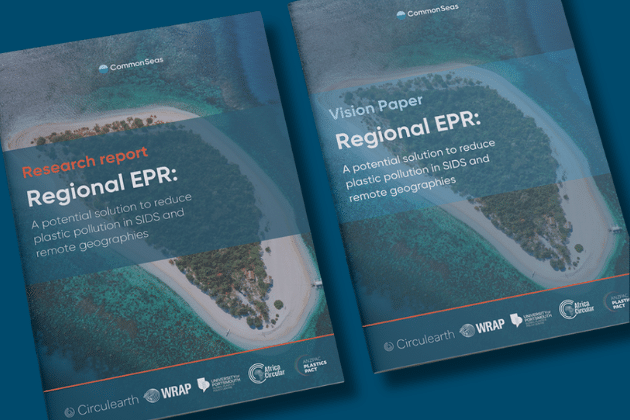
To safeguard SIDS’ environments, economies and health, there is no single solution. No policy alone can deliver the scale of change required. Our analyses with country partners consistently show that the most impactful approach is a suite of upstream and downstream policies working together, often including Extended Producer Responsibility.
EPR has proven to be a successful model to support countries in their efforts to manage waste. However, the application of traditional EPR in SIDS and remote geographies poses unique challenges.
New research led by Common Seas and Circulearth explores the potential of regional approaches and offers an urgent and timely opportunity to build lasting systems that strengthen economic resilience, reduce reliance on fragmented grant funding, and deliver a more sustainable response to the plastic pollution crisis.

Working with the Ministry of the Environment and National Beautification creating their National Action Plan to End Plastic Pollution.
View partner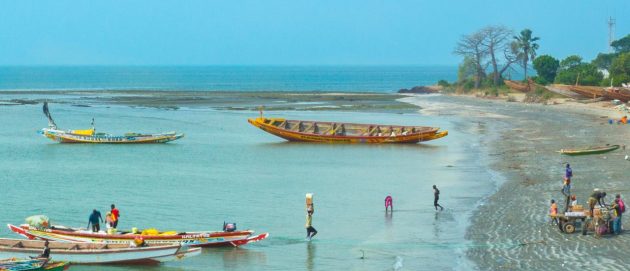
Working with the Ministry of the Environment to create their National Action Plan to End Plastic Pollution.
View partner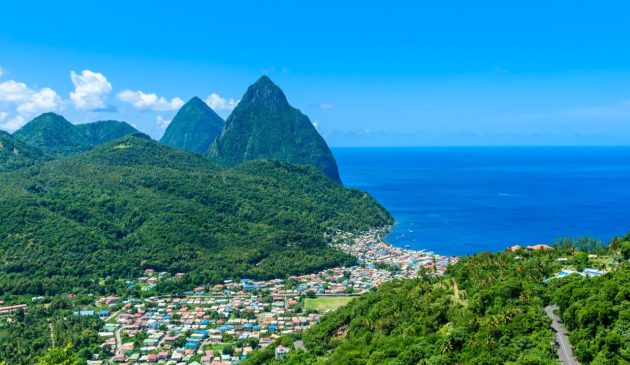
Working with the Department of Sustainable Development to reduce waste generation and pollution
View partner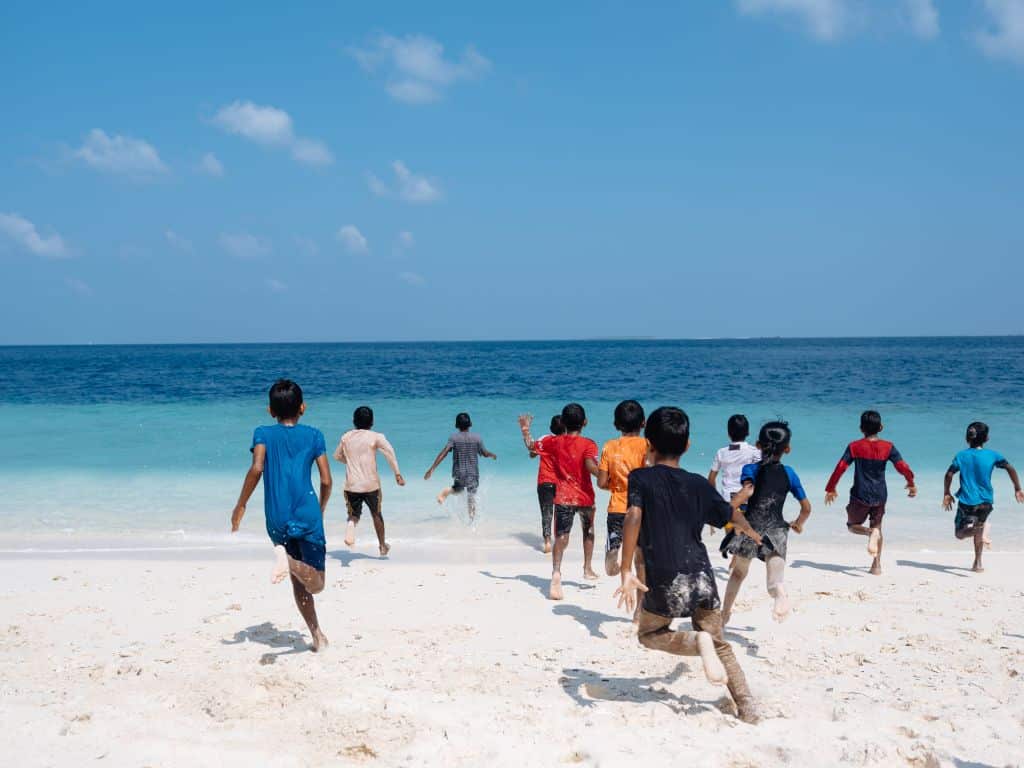
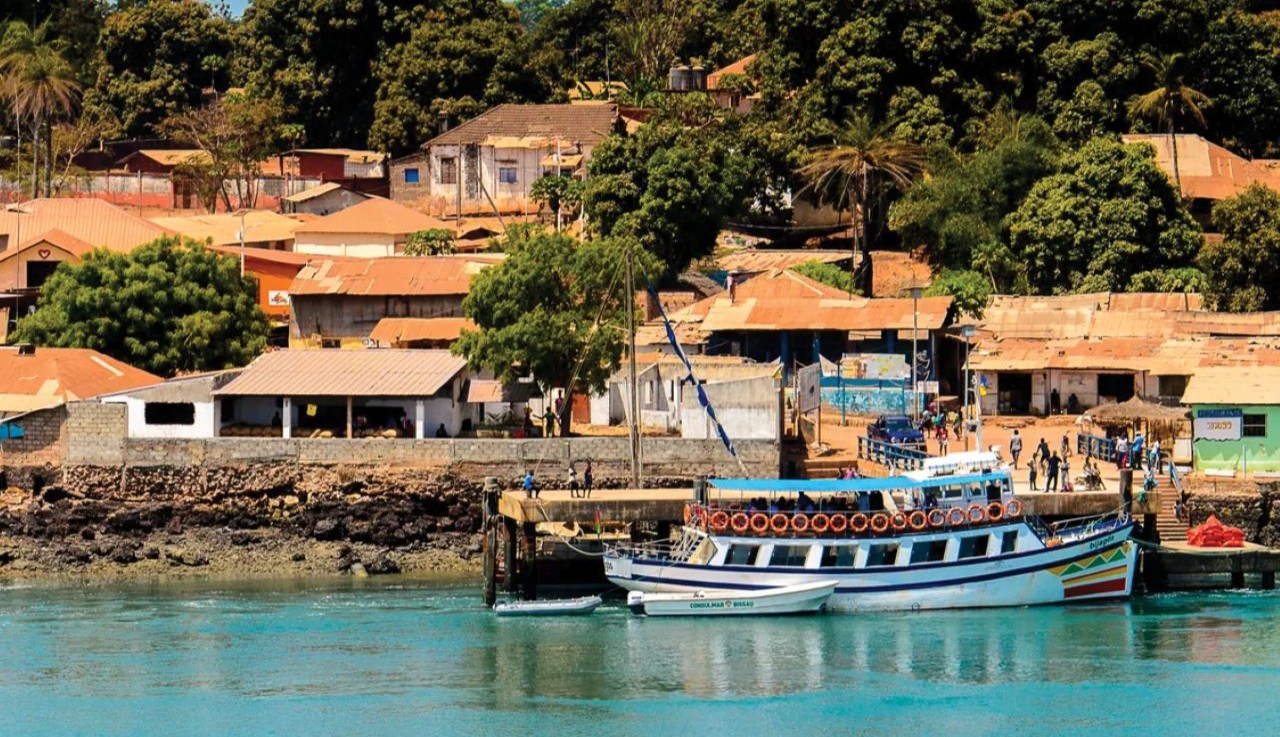
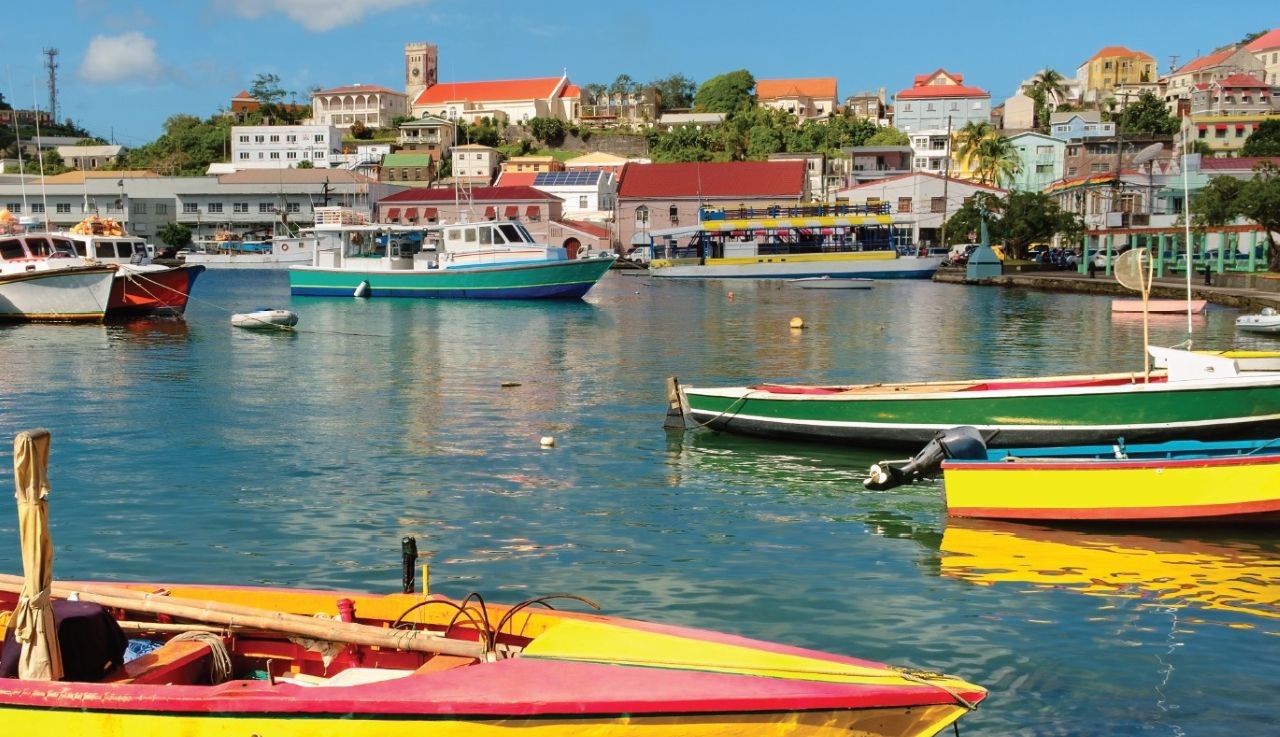
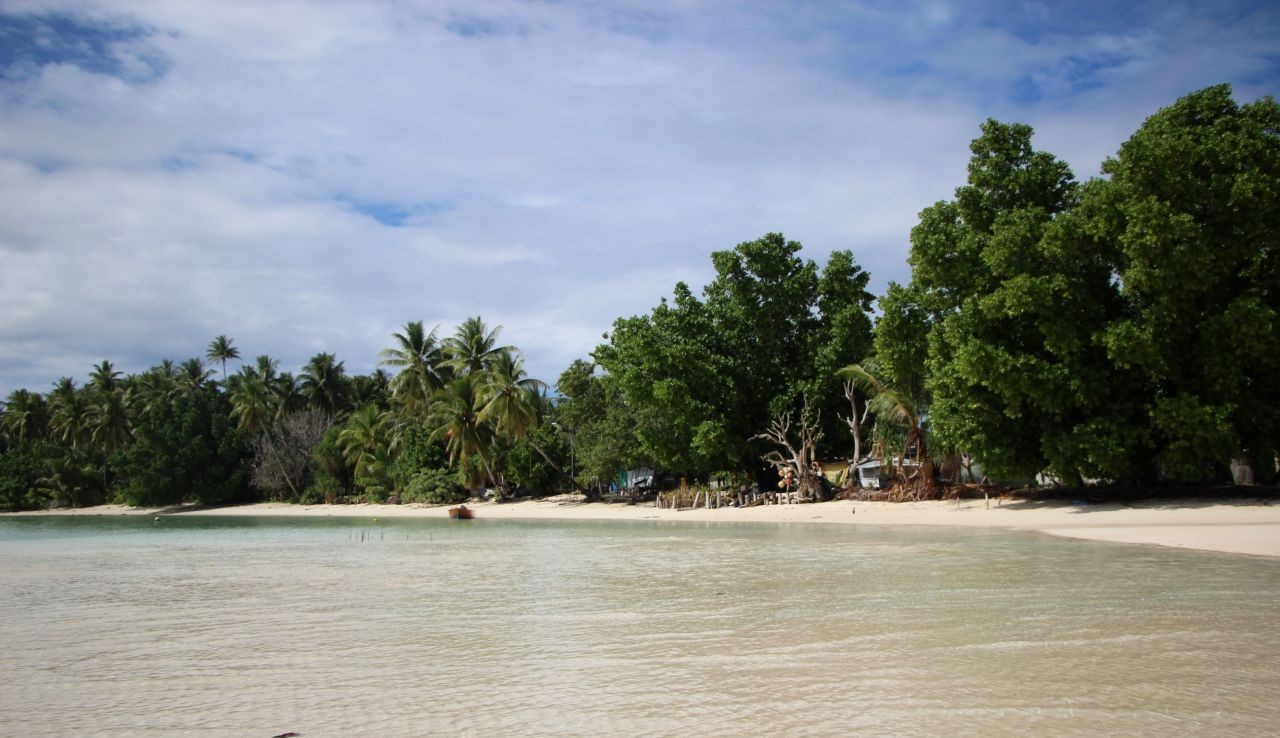
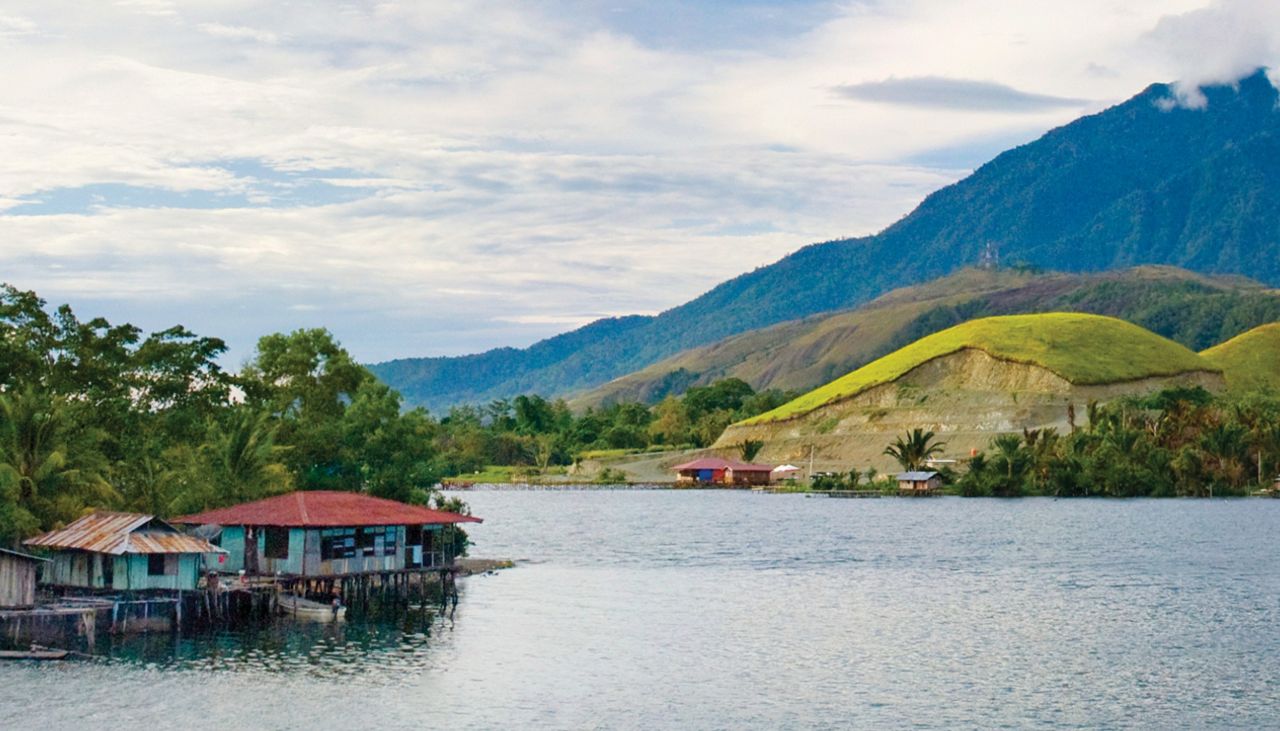
8,657 tonnes
potential annual reduction in plastic pollution entering our oceans
4,144 tonnes
of waste diverted from landfill annually
405 professionals
upskilled through dedicated technical support

